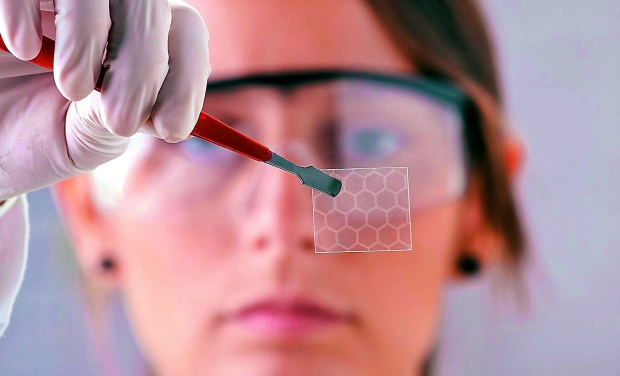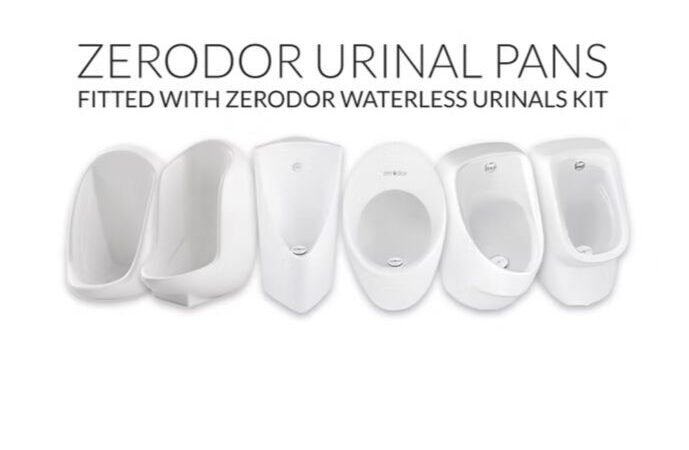The researchers at the University of Tel Aviv have designed the smallest technology in the world that has a thickness of two atoms only. The technology opens the door to a new method of storing electrical information using the thinnest unity of science. The data would be stored in one of the most stable and inert materials known in nature.
The technology uses quantum mechanical electron tunneling, which, when it runs through the thin atomic film, could increase the process of reading information at performance levels beyond current technologies. The head-of-the-art devices today use tiny crystals containing about one million atoms of about 100 atoms of height, width and thickness. One million of these devices could be packaged about 1 million times in the area of a coin, each device capable of passing at a speed of about 1 million times per second.
The project researchers have been able to reduce the thickness of crystalline devices with two atoms, allowing information to switch to higher speeds. The material used in the study was two-dimensional, with layers of a boron thickness and nitrogen atom disposed of in a repetitive hexagonal structure. The team could break the symmetry of the crystal by artificially assembling two layers. Dr. Ben Shalom researcher says the team could artificially stack the layers in parallel configuration without rotation.
Hypothetically, this puts atoms of the same type in a perfect overlap despite strong forces repulsive between them. Shalom says that the crystal prefers to slightly slide a layer relative to the other so that only half of the atoms of the layer overlap. Using the artificial stack configuration, the layers are distinct from each other, with Shalom saying that if in the upper layer, only the boron atoms overlap, in the lower layer, it is the opposite.
The researchers expected the same behaviors of the crystals of several layers with the proper symmetry properties and labeled the intermediate sliding concept “Tronics slides”. The team hopes that the miniaturization and flip-flop will improve the electronic devices used today and allow other new methods of checking information in future devices.






